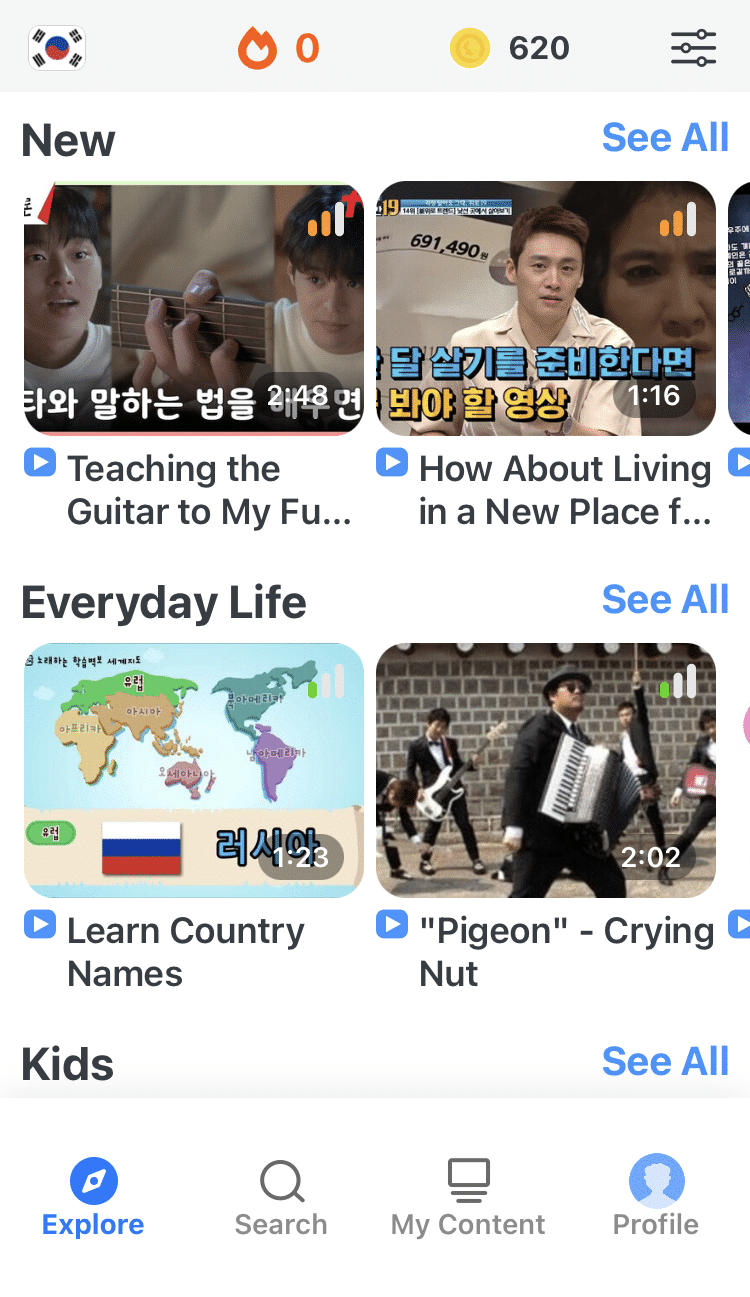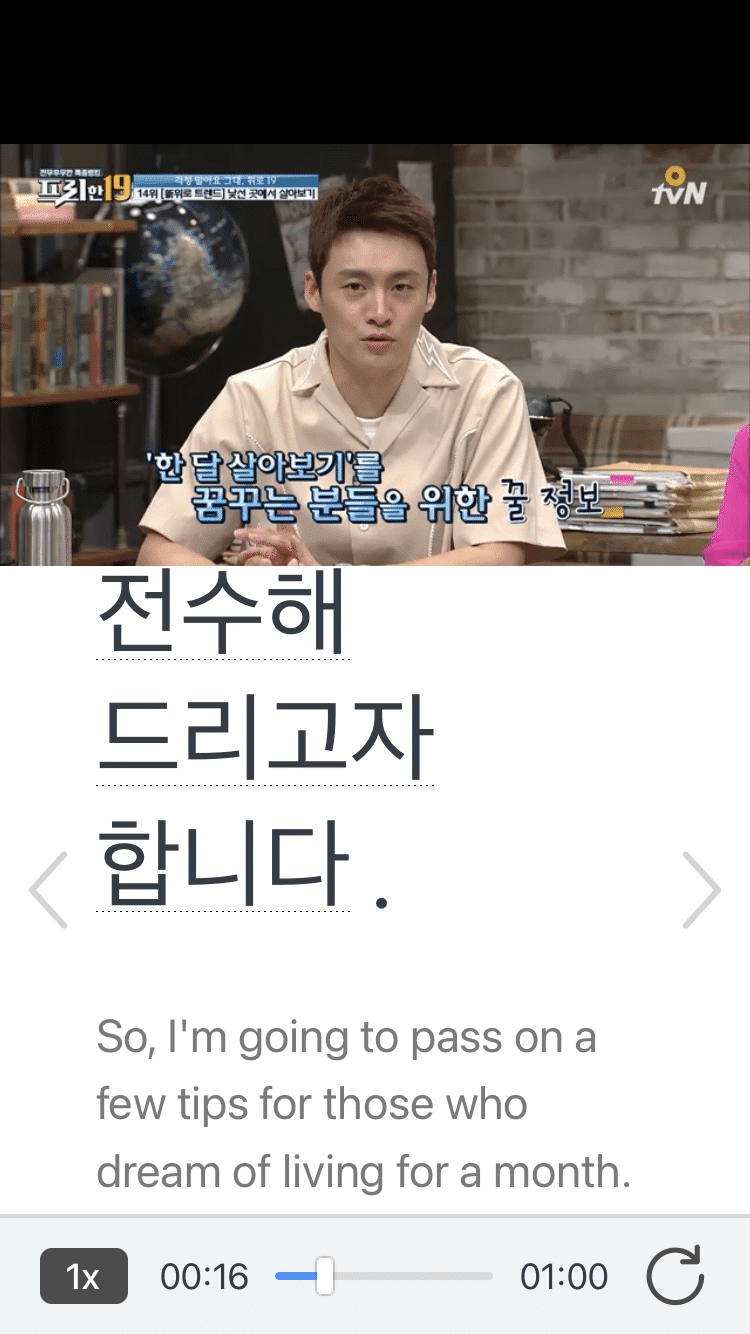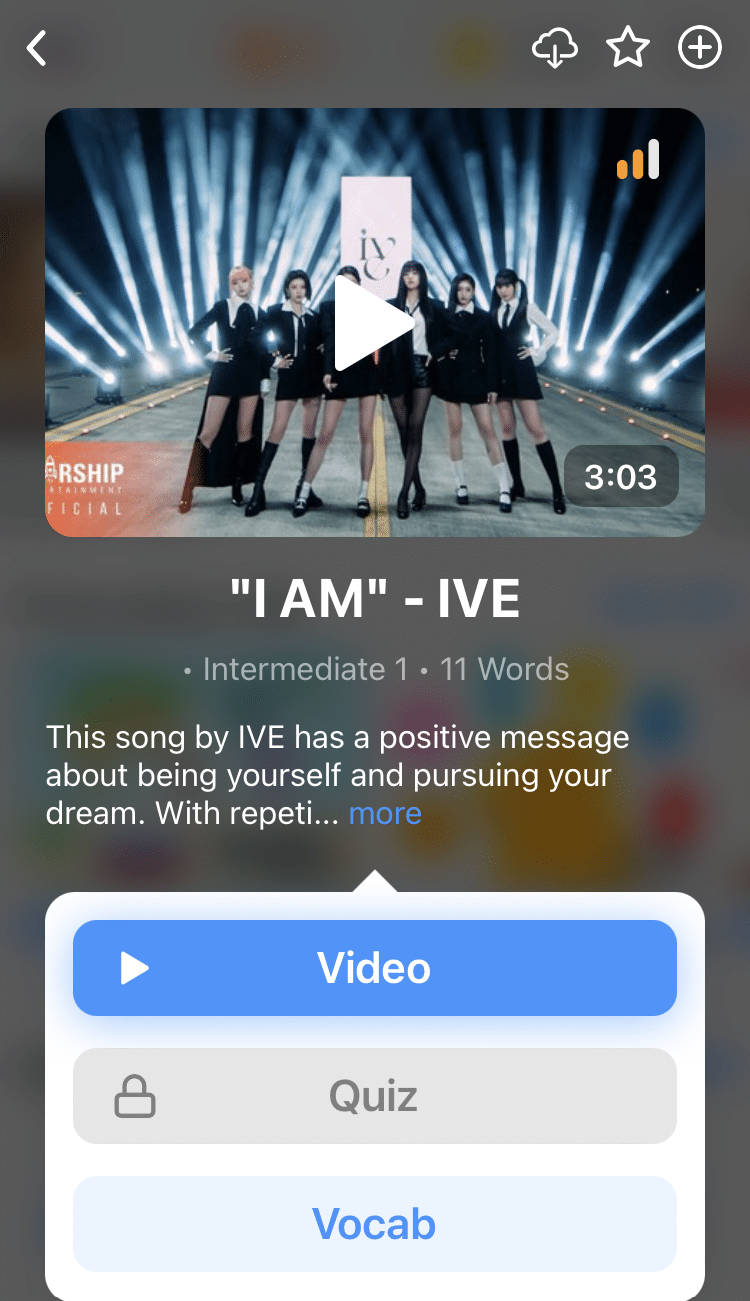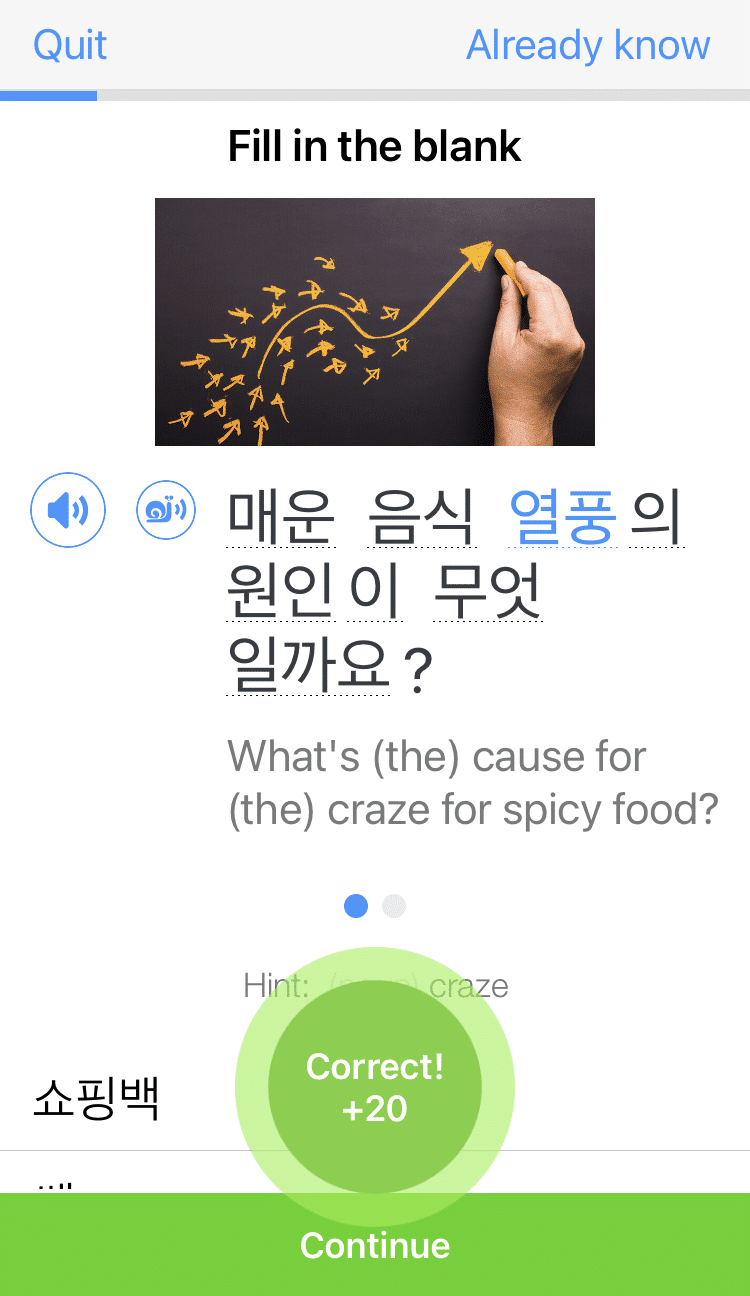
“Oppa” Meaning in Korean: When Should You Use It?
Oppa is a very common word in Korean, and you’ve probably already encountered it at least once.
Maybe you’ve heard it in a song, or have seen a character use it in a TV show, and are wondering what exactly it means.
Keep reading this post to find out what oppa means, when you can use it, and some other related vocabulary that may come in handy when speaking Korean.
Contents
- What Does Oppa Mean in Korean?
- Other Korean Terms Using Oppa
- More Korean Words Like Oppa
- And One More Thing...
Download: This blog post is available as a convenient and portable PDF that you can take anywhere. Click here to get a copy. (Download)
What Does Oppa Mean in Korean?
Oppa ( 오빠 ) is a term meaning “older brother” used by girls/women when referring to older boys/men.
However, although it can be translated to “older brother,” this word is not just limited to family relations, but also close friends and even romantic partners!
When to Use Oppa
There are a few different situations in which a girl may refer to an older boy as oppa:
- For family relations — In this context, girls may call their actual older brother oppa, as well as other older male relations such as cousins.
- For close male friends — When a girl has a relatively close friendship with an older male, she may also call him oppa.
- For boyfriends — Some women will call their boyfriend oppa.
- For K-pop idols — It’s common practice among many K-pop fans to call idols or other celebrities like actors oppa, even though they don’t know each other personally.
If you’re not a native speaker of Korean, it can be hard to tell when it’s appropriate to call someone oppa, and when it isn’t. A lot of this difficulty stems from the fact that there aren’t any strict guidelines, and so it’s very dependent on context. Each person will have their own opinion on the usage of this word.
As a general rule, you shouldn’t call anyone you just met oppa. If you use this term for anyone with whom you aren’t very close, it can be considered overfamiliar and may make the other person uncomfortable.
You also shouldn’t use oppa when someone is much older than you. The exact age difference where oppa is acceptable varies on who you ask, but generally, the other person should have no more than a 10-year age gap with you.
It also depends on the context in which you met a person. You wouldn’t call your boss oppa, for example.
How Do You Pronounce Oppa
Oppa or 오빠 is pronounced as follows: 오빠
In the international phonetic alphabet (IPA) it is written like this: [o̞p͈a̠]
You could think of it as being pronounced like “oh-ppa”, but if you want to learn more about how the sounds in Hangul are pronounced more accurately, you could check out this guide here!
Other Korean Terms Using Oppa
While oppa is most often used on its own, or after somebody’s name, there are a couple of additional terms that use oppa that you may find useful in certain contexts.
These are terms I learned during lessons with my Korean tutor when I was trying to express myself in a more specific way, and they’ve definitely come in handy since!
친오빠 (chinoppa)
친오빠 refers to a brother with whom you share the same parents, or in other words, your actual brother. This can be useful in conversation when you want to clarify that the oppa you are talking about is a familial relation.
The term 친동생 (chindongsaeng) is used to refer to a younger sibling you share the same parents as.
사촌 오빠 (sacheon oppa)
사촌 오빠 refers to an older male cousin of a female. Again, this is useful when you want to specify the family relation, as sometimes oppa might not be specific enough in the context you’re using it in.
To see how oppa is used in different contexts, you could try listening out for it while watching Korean TV shows or using FluentU.
FluentU takes authentic videos—like music videos, movie trailers, news and inspiring talks—and turns them into personalized language learning lessons.
You can try FluentU for free for 2 weeks. Check out the website or download the iOS app or Android app.
P.S. Click here to take advantage of our current sale! (Expires at the end of this month.)
More Korean Words Like Oppa
Oppa is not the only Korean word of its kind. There are more words like this one you can use depending on your age and gender. Here’s a quick overview of those terms, plus some extra words that you may find useful!
누나 (noona)
Noona is a term used by a male to refer to a close older female. It is often translated to “older sister.”
형 (hyung)
Hyung is used by males to refer to close older males, and can be translated to “older brother.”
언니 (unnie)
Unnie is a term used by females to refer to a close older female. It can mean “older sister.”
동생 (dongsaeng)
Dongsaeng is a word used by people of any gender to refer to people they are close to who are younger than them.
선배 (sunbae)
Sunbae means “senior,” and is used to refer to people who are older than you in a place like college or university, or people that have more experience than you in a certain field.
후배 (hubae)
Hubae means “junior,” and is used to refer to people or are younger than you in an educational setting, or who have less experience than you in a particular field.
If you want to learn more about the above terms, plus more words like them, you can check out our guide to Korean honorifics here.
So, that’s everything you need to know about the word oppa.
Now you’ll be able to recognize it whenever you hear it, and will be able to use it yourself if the right opportunity arises!
And One More Thing...
If you enjoyed this post, you're already halfway to having the time of your life learning Korean with FluentU!
FluentU makes it possible to learn with K-pop videos, funny commercials, entertaining web series and more. Just a quick look will give you an idea of the variety of FluentU videos on offer:

FluentU really takes the grunt work out of learning languages, leaving you with nothing but engaging, effective and efficient learning. It's already hand-picked the best videos for you (which are organized by level and topic), so all you have to do is simply choose any video that strikes your fancy to get started.
Each word in the interactive captions comes with a definition, audio, image, example sentences and more.

Access a complete interactive transcript of every video under the Dialogue tab, and easily review words and phrases from the video under Vocab.

You can use FluentU’s unique Quiz Mode to learn the vocabulary and phrases from the video through fun questions.

FluentU keeps track of what you're learning, and tells you exactly when it's time for review, giving you a 100% personalized experience.
Review sessions use video context to help embed the words in your memory.
Start using the FluentU website on your computer or tablet or, better yet, download the FluentU app from the iTunes or Google Play store. Click here to take advantage of our current sale! (Expires at the end of this month.)



